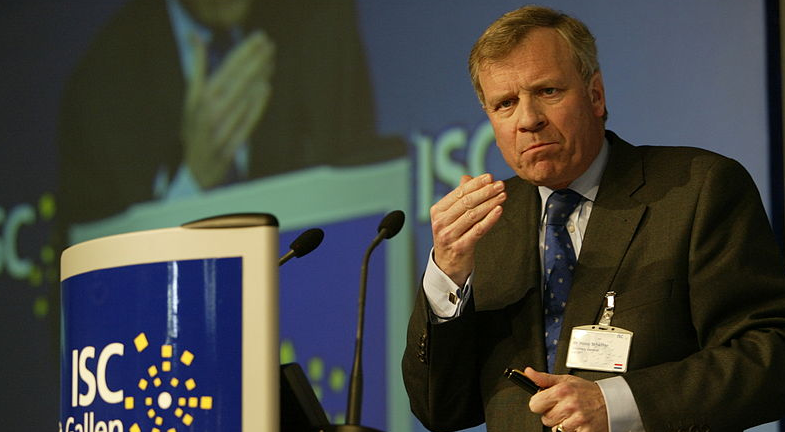Former NATO leader cautions that a Ukrainian defeat could unravel the European Union.
Others are reading now
The former NATO Secretary-General, Jaap de Hoop Scheffer, recently voiced a stark warning: the loss of Ukraine in its conflict with Russia could spell the end for what he calls “project Europe.”
During an interview on BNR’s Big Five, De Hoop Scheffer expressed concerns that a Russian victory might pivot some European countries towards Moscow, a shift he suggests is already partially underway.
A Union Under Threat
The term “project Europe” traditionally refers to the European Union, an entity born from the ashes of World War II with the primary aim of ensuring peace across the continent.
However, according to De Hoop Scheffer, this foundational goal of the EU risks being undermined if Ukraine falls to Russian advances. This could lead to more nations accommodating Russia, creating a domino effect across the continent.
Also read
A Call for Increased Support
De Hoop Scheffer criticized the current level of military aid provided to Ukraine, calling for an escalation in the delivery of essential weapons systems.
“We are still too reluctant to provide the weapons that are necessary for Ukraine,” he stated, highlighting Germany’s hesitance to supply long-range Taurus missiles as a particular point of contention.
This stance aligns with that of Jens Stoltenberg, the current NATO leader, who has similarly underscored the necessity for more robust support for Ukraine.
Amidst his call for greater support to Ukraine, De Hoop Scheffer also pointed to the necessity of bolstering national defenses, particularly at crucial economic and strategic points such as Amsterdam, Rotterdam, and Brainport Eindhoven.
These hubs are not just vital for the Netherlands but are significant at a broader, international level.
The Shadow of Trump’s Presidency
Looking beyond Europe, De Hoop Scheffer discussed the potential implications of Donald Trump returning to the presidency in the United States.
He fears that Trump’s transactional view of NATO could jeopardize the alliance, particularly for countries that do not meet his defense spending expectations.
This, De Hoop Scheffer argues, makes it imperative for NATO to become “Trump-proof,” preparing for a future where U.S. support for NATO might not be as steadfast as in the past.


